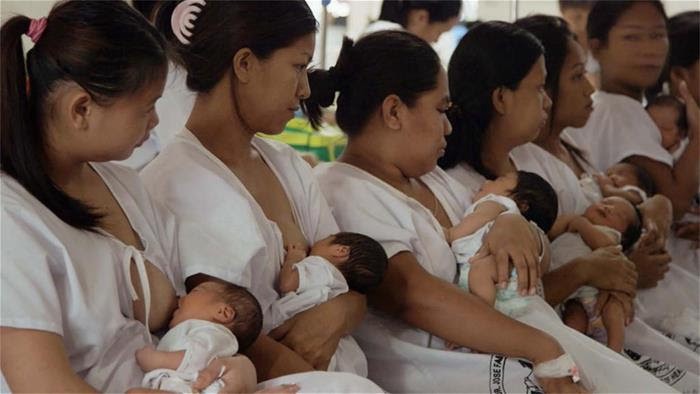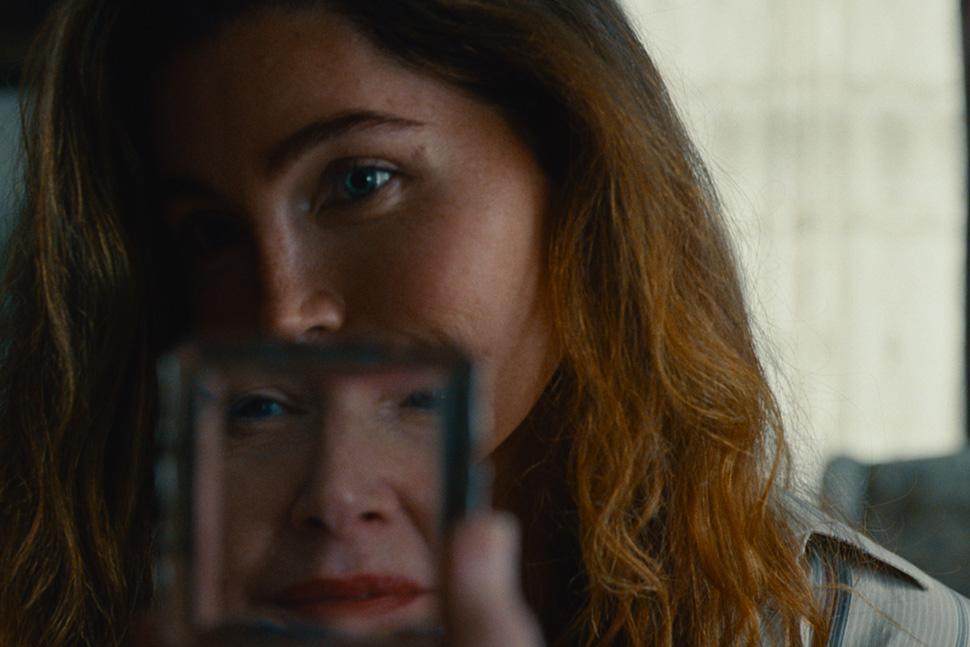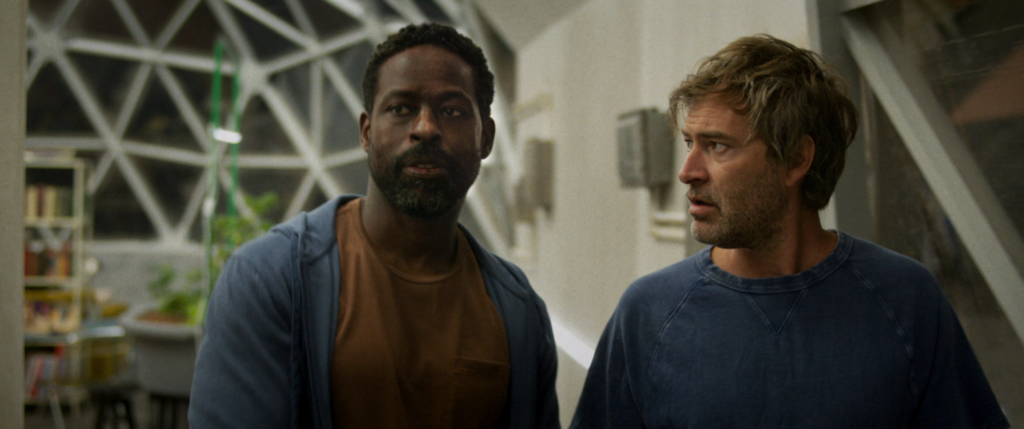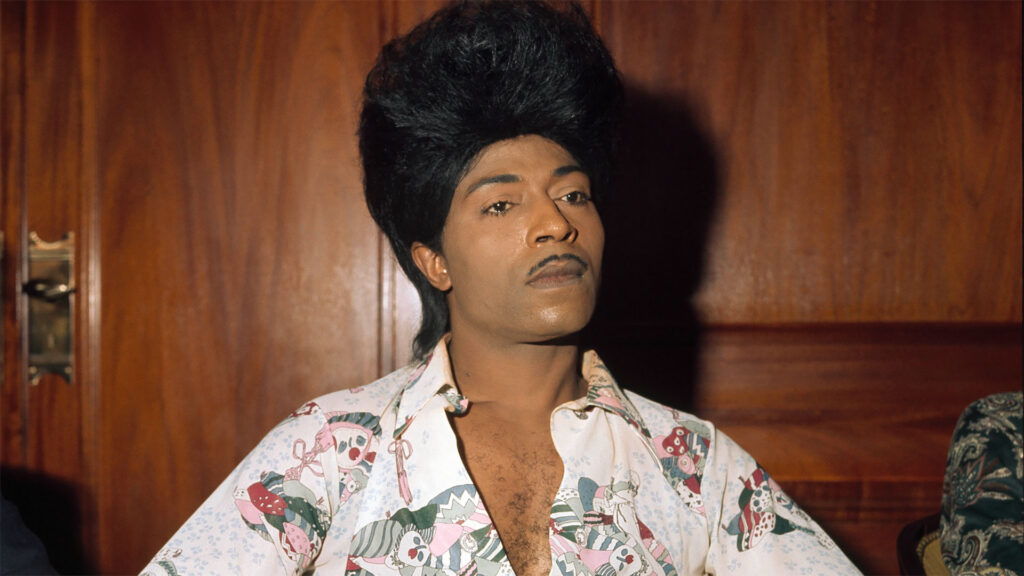“I admit I’m crazy. Why wouldn’t I be?” a patient asks in the new trailer for “Motherland.” “The children come one after another. I don’t have enough love to give all of them. I wish I had more love to give.”
Directed by Ramona Diaz (“Don’t Stop Believin’: Everyman’s Journey”), the documentary explores the consequences of inadequate reproductive rights, healthcare, and education. The woman speaking to the camera is just one example of what happens to women — and children — when they do not have control over their own bodies.
As the film’s official synopsis details, “‘Motherland’ takes us into the heart of the planet’s busiest maternity hospital in one of the world’s poorest and most populous countries: the Philippines.” The film follows three women — Lea, Aira, and Lerma — who “emerge to share their stories with other mothers, their families, doctors, and social workers. While each of them faces daunting odds at home, their optimism, honesty, and humor suggest a strength that they will certainly have to summon in the years ahead.”
Given the slowly-but-surely receding reproductive rights women in the U.S. are experiencing, “Motherhood” is obviously a prescient film. But the fact that its world premiere at Sundance is January 21, one day after the inauguration and the same day as the Women’s March, gives it extra weight. Audiences need to see that access to reproductive healthcare isn’t some vague concept that will never affect them: it is an issue that has ramifications for everyone.
In fact, empathy and the ability to care about others’ problems are what Diaz hopes “Motherhood” will inspire in its viewers. “My job as a filmmaker is to introduce audiences to people and places that they would otherwise not encounter, to create empathy toward characters they wouldn’t normally meet in their daily lives,” Diaz told Women and Hollywood in a soon-to-be published interview. “And rather than think of the mothers (and fathers) in the film as ‘the other,’ I want the audience to feel a universal kinship with the folks they meet on screen. So as they leave the theater, I want them to be thinking of their own lives in relation to the people they just encountered on the screen, and find common ground.”







